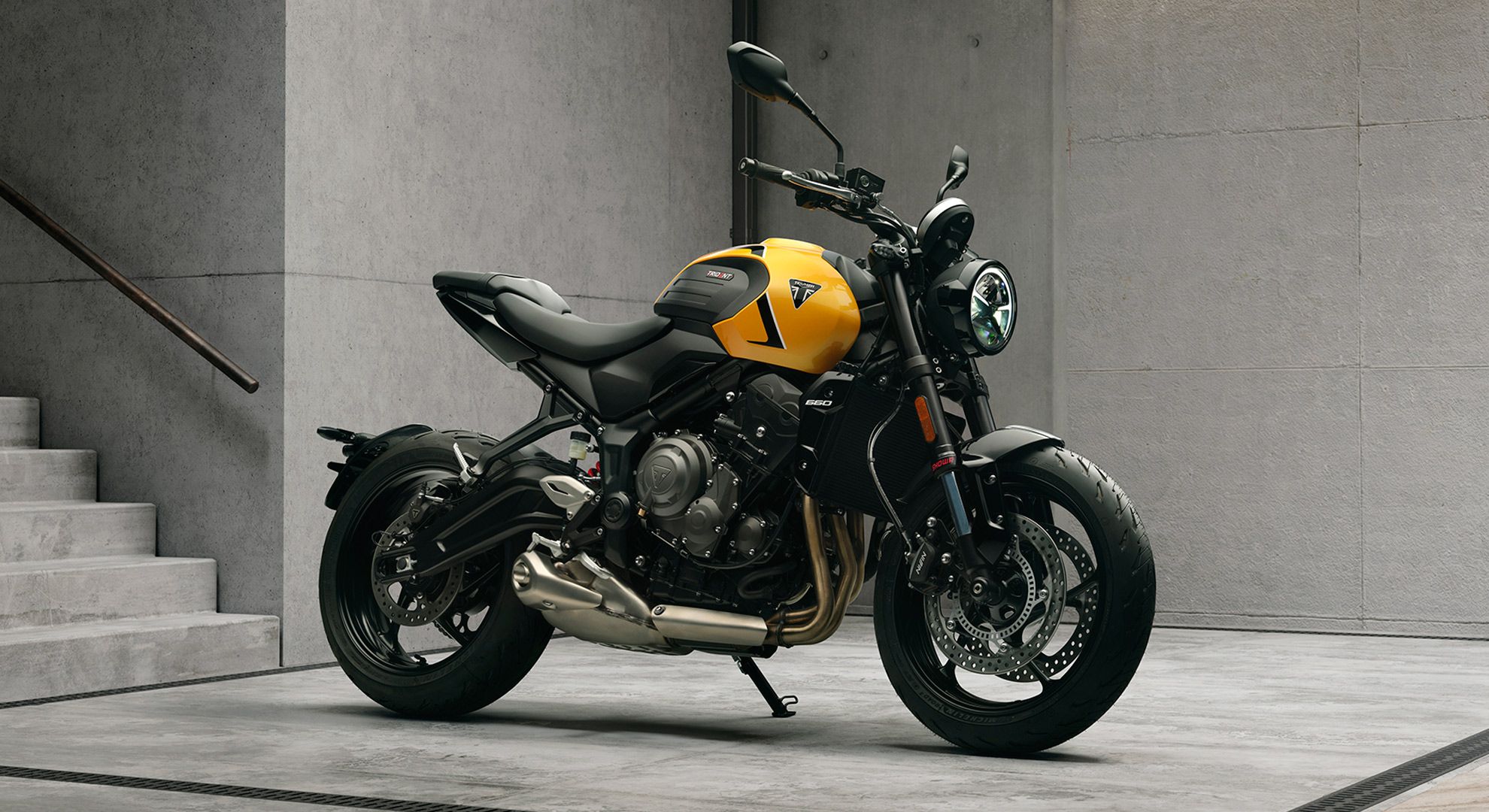AUTONEWS
![]()
Volkswagen ID.2ALL: small low-cost electric car resulting from the Renault and Volkswagen partnership was aborted
There were months of talks that ended up coming to nothing. After negotiating the joint development of a basis for a small electric car, capable of being sold for less than €20,000, Renault and Volkswagen closed the matter and each went their own way. This “divorce” can be interpreted as a blow to expectations of being able to soon have two more cheap electrical proposals, but the reality can be very different.
Although this divorce between two of the largest European car manufacturing groups may seem like a setback in the democratization of electric vehicles, making them more accessible, it is equally possible to interpret this “everyone goes their own way” as a victory. This is because everything indicates that we will soon have Renault's mini EV (resuming the lines of the popular first generation Twingo) and its rival VW's mini EV (with the dimensions of a Lupo, but with the shapes of the VW prototype ID.2All or its predecessor ID.Life). Let's say we lost two cheap trams with a common base and gained two competing and technologically distinct vehicles, which could even generate more interesting models for the public.
VW was the first to come forward with the idea of designing a small tram with a “cannon price” — this is if we discount Dacia's Spring, which is owned by the Renault group — but Renault went further by announcing that the Twingo EV will repeat the recipe of its 1992 predecessor, recovering the aesthetics of the past, associating it with a competitive price and, also, announcing an abnormally low consumption, around 10 kWh/100 km. Now that each brand will fight for itself, it remains to be seen who will propose the best mini EV in terms of interior space (given the small exterior dimensions) and consumption, with impacts on usage costs. This is in addition to the attractive aesthetics, a challenge for a model measuring less than 4 meters.
The French and German builders did not reveal the reasons for the divorce, but Reuters provides potential explanations. Renault returns to the design drawing board, with a view to placing the electric Twingo on the market for “less than €20,000”, according to CEO Luca de Meo, while VW now appears to be more confident in placing a mini EV on the market for €20,000 . This is despite the fact that the current CEO of the German group, Oliver Blume, stated in November that it was not clear that a tram at that price would be profitable.
Mundoquatrorodas

Nenhum comentário:
Postar um comentário